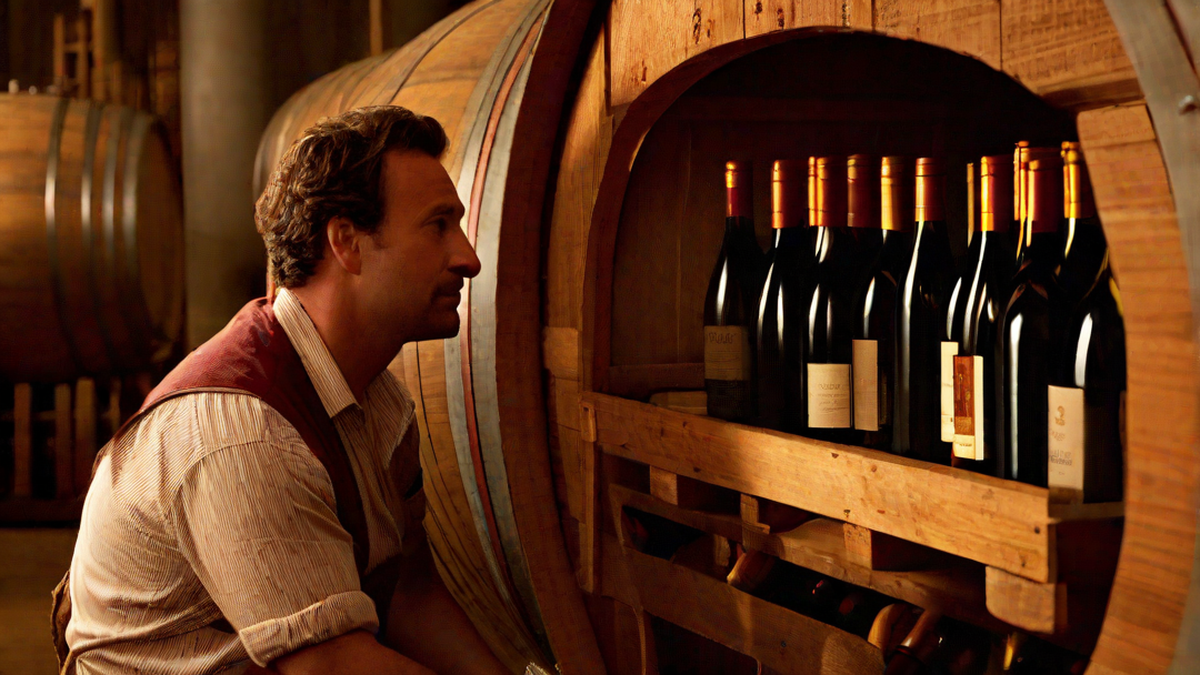As someone passionate about wine, I’ve frequently pondered the effects that severe temperatures have on our cherished drink. The idea of a bottle of champagne enduring the scorching heat inside a car on a bright day can make any wine lover think twice. Could the warmth lead the bottle to burst? Let’s thoroughly investigate this topic and examine the underlying scientific principles.
Understanding the Science
Champagne, like all carbonated beverages, contains dissolved carbon dioxide gas. When the bottle is sealed, the gas is held in solution under pressure. As the temperature of the liquid rises, the gas molecules become more energetic and exert greater pressure on the walls of the container. In the case of a sealed champagne bottle, this can potentially lead to an increase in pressure within the bottle.
Pressure and Safety Features
Most champagne bottles are designed to withstand a certain amount of internal pressure. The corks and cages used to seal the bottles are also engineered to keep the contents secure. However, extreme heat can test the limits of these safety features.
Temperature Thresholds
It’s widely accepted that the ideal storage temperature for champagne and other sparkling wines is around 55°F (13°C). Temperatures significantly higher than this can pose a risk. While champagne bottles are unlikely to explode at typical car interior temperatures, which can reach up to 140°F (60°C) on a hot day, the potential for increased pressure and a popped cork is still a valid concern.
Personal Experience
During a road trip last summer, I inadvertently left a bottle of champagne in the trunk of my car for several hours on a scorching day. When I returned to the car, the bottle was extremely hot to the touch. Although it didn’t explode, the cork did start to protrude slightly, indicating a build-up of pressure. It was a heart-stopping moment that made me more cautious about transporting champagne in warm weather.
Conclusion
In conclusion, while the risk of a champagne bottle exploding in a hot car may be relatively low, it’s not a chance I’d willingly take. The potential for increased pressure and compromised safety features is enough to warrant extra care when transporting champagne in warm conditions. I’ll certainly be more mindful of where I store my bubbly in the future, ensuring it’s kept in a cool and stable environment to preserve its integrity and my peace of mind.




